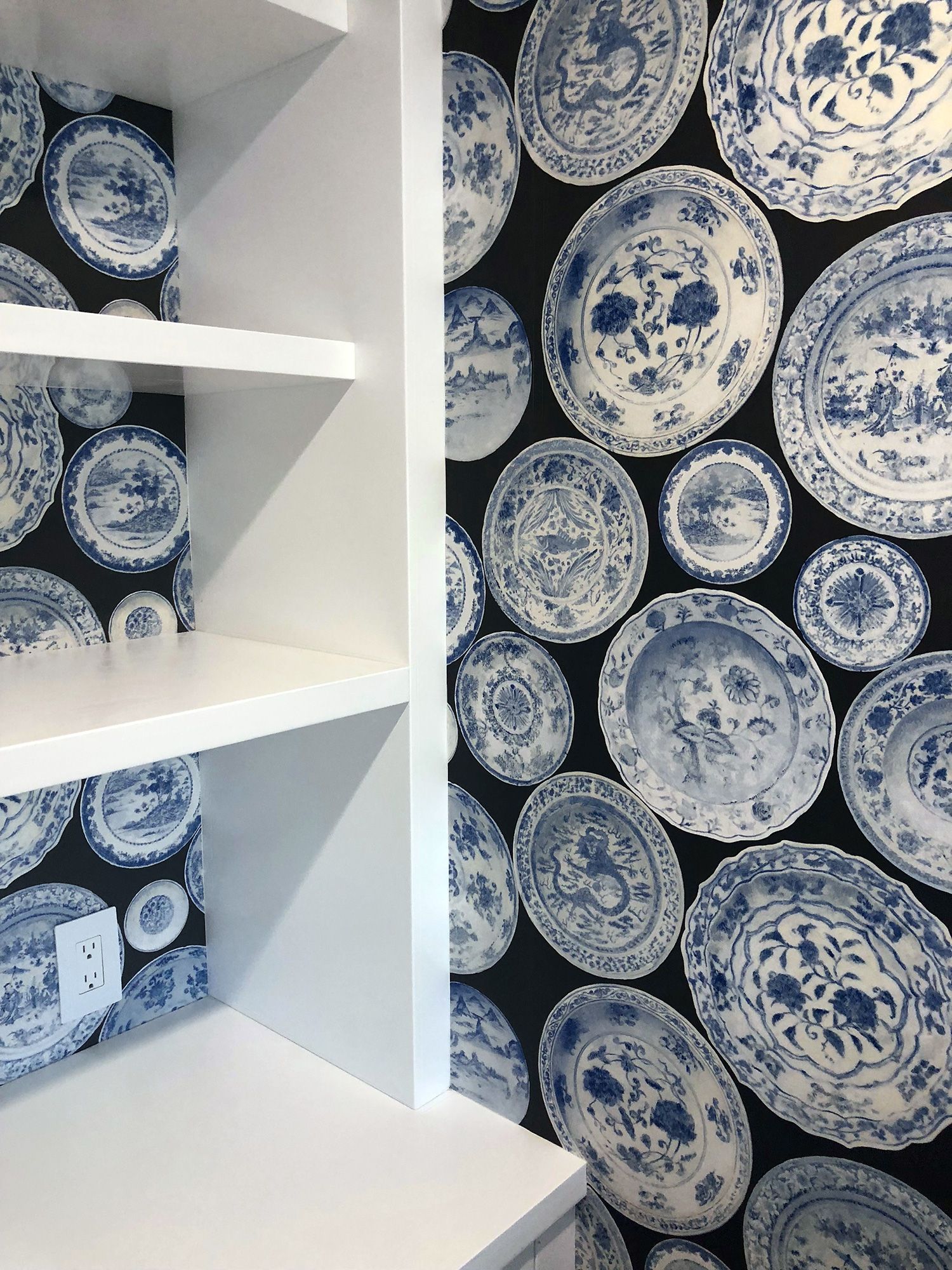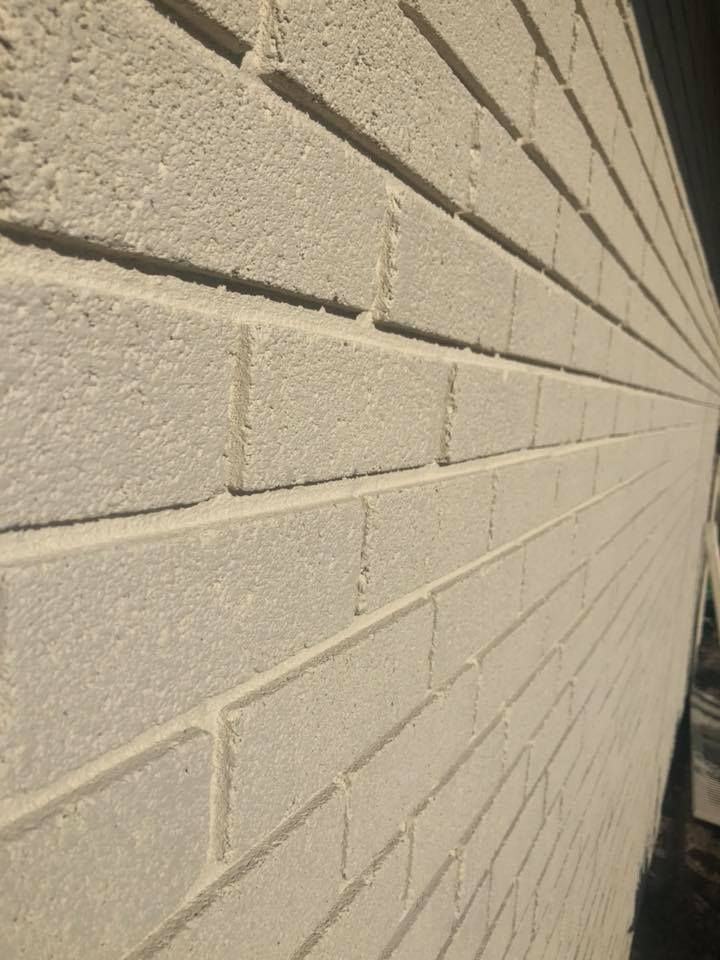
FCI Painting’s Tips – Painting a Room!
Richard Foden at FCI Painting has noticed time and time again that a professional paint job in Naples, Florida is preferable to DIY. Once the do-it-yourself paint job turned into a disaster of spattered floors and a few too many trips to Home Depot. For the capable homeowner, however, painting doesn’t need to end in a colorful defeat. Richard at FCI Painting has over 20 years of experience painting and has shared these tips for the seemingly trivial task of painting a room.
Prepping Surfaces to Paint
The least fun but the most necessary part of getting a room ready to paint is to thoroughly prep the surface. This includes using the necessary tools, usually a scraper, to remove any bumps. Take a good look at your freshly scraped wall, if you notice any divots, channels, cracks, or any marks to the surface of what you’re about to paint, you’ll need to fill It in.
Creating a Perfect Primer
After your wall is as close to a smooth surface as a wall could be, you’ll want to crack open a can of primer and add a small amount of the color paint you’ll be using to it. This helps the primer and subsequent paint job nullify any risk of the paint bleeding through. For those thinking primer is more of a luxury and not a necessity, primer serves three distinct and necessary purposes. First, stains won’t show through. Second, you’ll use less paint, one-coat coverage isn’t unusual when primer is used correctly. Third, paint adhesion, the act of your paint actually staying on your walls. We would say that’s pretty important.
Tread Carefully – Dropcloths
Pick your drop cloth carefully. FCI Painting uses canvas almost every time. But, for the novice slip ‘n’ slide enthusiast, a plastic drop cloth will be perfect as it invariably becomes impossible to walk on due to the excess of paint. Plastic does not absorb paint. Canvas, however, does absorb paint and can be used in a variety of different ways that plastic sheeting cannot possibly hope to match.
Don’t Break Your Back!
Stop with the step ladder and get an extension pole for your brush. Nobody likes the backbreaking toil of forever stepping off a stepladder only to move it 8 inches, climbing back up, repeating endlessly. The best extension poles are those with metal cores. The metal-cored poles are less likely to bend and break.
Convenient Storage
If you’re sure you’re painting again the next day. It’s possible to store your painting stuff overnight without having to clean your brushes and rollers. Just get rid of the excess paint, wrap your items in plastic, and place them in the refrigerator to keep them from drying out. It really works.
Richard hopes these tips work for you!
Need a professional working on paint or restoration job in Naples, Florida? Call FCI Painting today.













